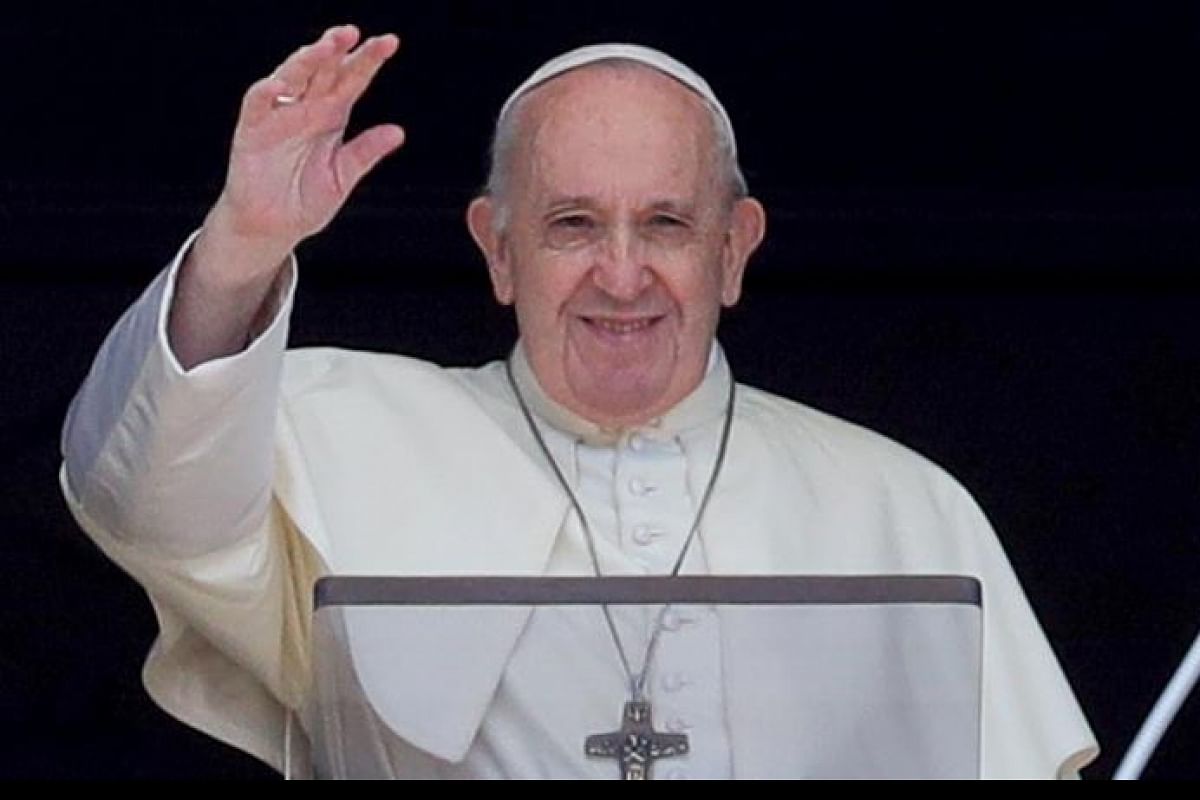The migrant crisis was uppermost on the Pope’s agenda in the Greek island of Lesbos last Sunday, when in an exceptional moment of candour, he launched a blistering attack on Europe’s general indifference towards migrants from North Africa and the Arab region. (The pre-eminent exception must be the outgoing German Chancellor, Angela Merkel). “With Europe’s moves to block and deter migrants,” he said, “the Mediterranean Sea, the cradle of so many civilizations, now looks like a mirror of death.”
The Pope has in effect kept his message of “embracing the migrant” in the era of “walls and barbed wire” for migrants. Indeed, Poland’s harsh treatment of migrants at the border puts it at odds with the Catholic Church. He urged the world to face the migrant crisis with respect towards human rights and condemned European nations for not practising the values they promote abroad. Albeit obliquely, but implicit in the Pope’s presentation on Europe’s migration crisis must be the fact that double-think runs wild over approaching a humanitarian issue.
Advertisement
In a key moment of his papacy in 2016, he had taken 12 refugees from Syria, including six children, back to Rome with him on the papal plane. Yet for the Vatican, Lesbos remains a symbol of inhumanity, and Pope Francis’ return there last weekend represented an effort not to let Europe look away. “Human lives, real people, are at stake,” he told migrants on the island on Sunday.
“The future of us all is at stake, and that future will be peaceful only if it is integrated. It is an illusion to think it is enough to keep ourselves safe, to defend ourselves from those in greater need who knock at our door.” His words, which signify a profound moment in the history of the Papacy, must resonate in the echo-chambers of European capitals.
In recent years, migrant flows have fuelled nationalist and populist surges in majority Catholic countries like Italy and Poland. Hungary has claimed that its antimigrant policies and border towers protect Christian culture. And while Europe’s populist season has somewhat abated, a politically amenable hard line against asylum seekers has seeped into the status quo on the continent.
On Sunday, before the Pope’s arrival, at the entrance to the tent where he would meet the migrants, President Katerina Sakellaropoulou of Greece accepted flowers from a little girl who lives in the camp. Pope Francis has argued against countries keeping the plight of migrants at a distance. He renewed that message on this trip, asking nations to welcome strangers at the door, even as those pleas have become ever more discordant.
Last Friday in Cyprus, he appeared to lose patience with a West that he mocked for its sense of superiority. He angrily told a parish church filled with refugees ~ some of whom, in an echo of Lesbos, the Vatican had again arranged to take back to Italy ~ that “the worst is that we are getting used to this.”









